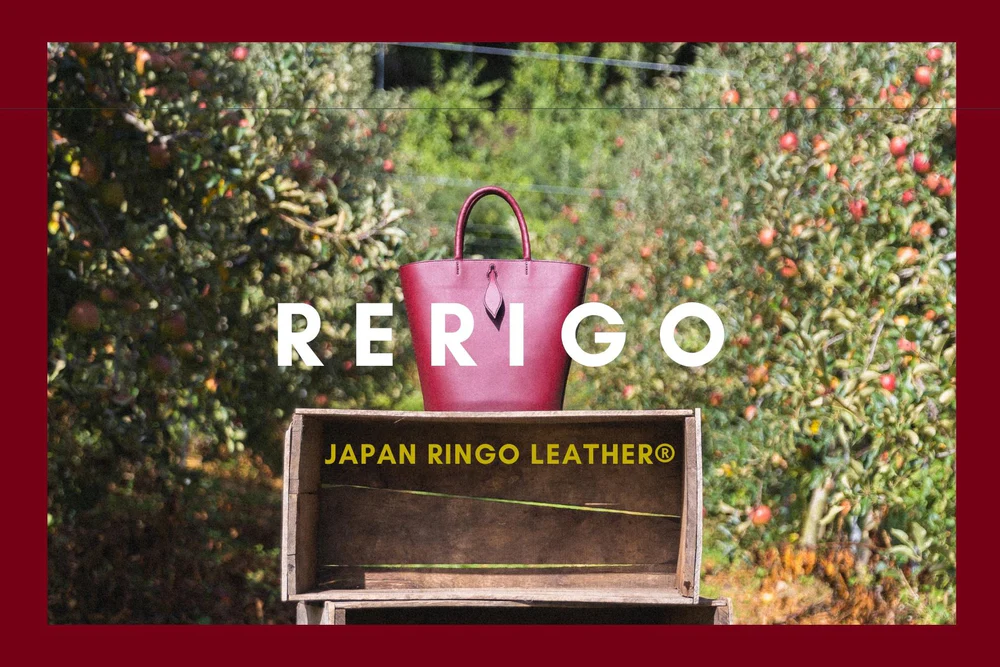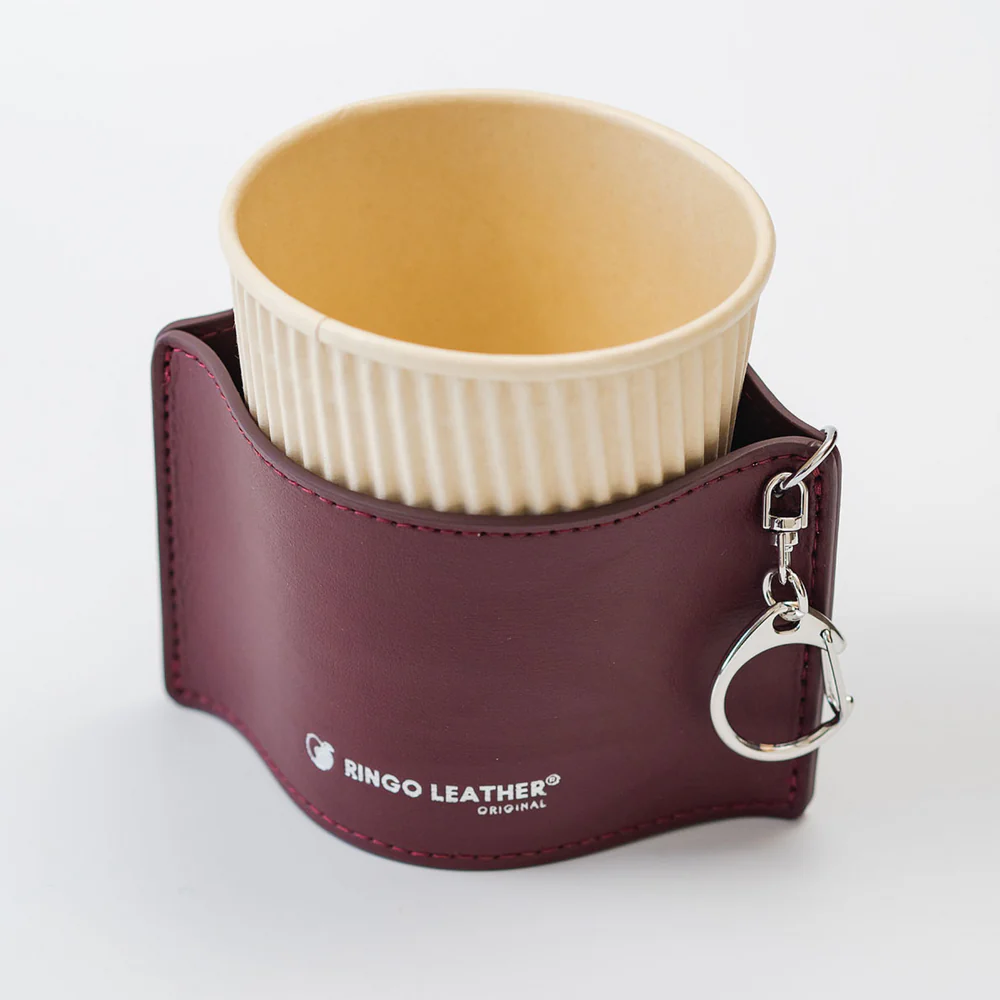Trusted Top Picks: Sustainable Textile Japanese Startups
- Trusted Corporation
- Jun 10, 2024
- 4 min read
Updated: Mar 13, 2025
In the realm of fashion, sustainability has emerged as a pivotal driving force, spurred by increasing consumer demand for eco-friendly choices. While the UK and EU lead in sustainable fashion demand and supply, Asia, notably Japan, is swiftly catching up. Particularly among the younger generation, with 50% of individuals in their 20s opting for sustainable fashion items, there's a notable shift towards eco-consciousness.
New innovations in the industry are shaping the path forward, with a focus on integrating technologies like augmented reality and sustainability into manufacturing and design processes, as well as the development of innovative fabrics. Influenced by global trends, Japan's fashion scene draws inspiration from diverse sources, with European and Korean street styles reigning supreme amongst all age groups.
Japan's apparel and textile market, valued at around 10 trillion yen, boasts a disciplined and ethical working environment, making it conducive to collaborations and innovation. With 66% of clothing ending up in landfills, the imperative to produce biodegradable textiles is clear. Japan's emphasis on a circular economy aligns with global efforts, with the Asia Pacific region witnessing the fastest growth in the market for eco-friendly textiles. EU-Japan Centre illustrates that “Japan is one of the best fashion export markets available for EU firms”, due to its large market size and the nationwide enthusiasm for fashion.
Japan’s circular economy goals have been made possible due to their start-ups' strong technology, particularly in the sustainable material field. Let’s take a look:
SORENA’s Rerigo: Ringo Leather is a pioneering venture that repurposes apple residue sourced from Nagano Prefecture, specifically utilising apple pomace obtained from local breweries during the apple juice and cider-making process. Launched in collaboration with SORENA Corporation, Iizuna Town, and Kyowa Leather Co., Ltd, this innovative initiative produces durable, water-resistant bags, wallets, cases, and coasters. Notably, its products have been embraced by students in Nagano city for the 2023 National Fashion Design contest, showcasing its appeal and functionality. Moreover, Rerigo serves as a solution to the challenges faced by the shrinking populations of Iiami Town, demonstrating its dual impact in fostering sustainability and community development.
Source: Rerigo
☆Why have we picked them? ☆
Rerigo efficiently utilises local by-products, simultaneously benefiting the community and providing solutions to local social challenges.
Spiber Co.’s Brewed Protein™: Spiber Co, established in 2007, pioneers the creation of silk-like material derived from sugar and microscopic organisms, known as Brewed Protein™. This innovative material is versatile, available in eight forms including denim, knit, yarn, fur, and as a leather alternative. Notably eco-conscious, Spiber's products emit fewer greenhouse gas emissions, require 97% less water, and cause 99% less land use-related harm compared to cashmere production. Moreover, their undyed Brewed Protein fibres have demonstrated biodegradability in marine and soil environments. With polymer production facilities strategically located in Thailand and the US near key feedstocks, Spiber's impact extends globally. Their materials have graced Haute Couture events and Premiere Vision Paris, showcasing their relevance in high-fashion circles. Collaborations with industry leaders like THE NORTH FACE and Toyota underscore Spiber's commitment to sustainability and innovation.
Source: Spiber's Brewed Protein™ MOON PARKA- a collaboration with THE NORTH FACE
Source: TSI Holdings
☆Why have we picked them? ☆
Committed to their Biosphere Circular and Biosphere Circulation principles, Brewed Protein™ can be broken down into nutrients, which are then utilised as fermentation feedstocks to produce Brewed Protein™ once more.
Shima Denim Works: Shima Denim Works stands as the world's sole producer of original denim fabric with zero waste. Leveraging Okinawa's primary crop, sugar cane, they utilise bagasse, typically a by-product used for biofuel, in their production process. Beyond reducing waste, this practice aids in soil conservation, preventing erosion and safeguarding marine ecosystems. With sugar cane being one of the world's largest agricultural crops, a steady supply of bagasse is ensured. Established in 2018, Shima Denim Works initially focused on jeans and expanded to include caps, bags, hats, and made-to-order suits and jackets. Their innovative rental service, Bagasse Upcycle, further minimises fashion consumption waste. Additionally, they offer a trade-in service for sold products, ensuring sustainability throughout the lifecycle. Moreover, they carbonise waste and offcuts for use as soil conditioner and dye, collaborating with artisans in Mino City, Gifu Prefecture, and weavers in Fukuyama City, Hiroshima Prefecture. Their efforts were recognized with the Social Product Award in 2024, affirming their commitment to social and environmental responsibility.

Source: Shima Denim Works
☆Why have we picked them? ☆
Their production generates zero waste and utilises a readily available by-product found abundantly worldwide, thereby supporting the local agriculture industry while contributing to the protection of marine life.
Japan's emphasis on a circular economy and the Asia Pacific's rapid growth in eco-friendly textiles position these startups as leaders in sustainable innovation.
About Trusted
At Trusted Corporation, our primary focus is helping you create sustainable solutions involving the European and Japanese innovation ecosystems. We are a global venture builder primarily focusing on creating solutions for carbon neutrality, renewable energy, ageing society, and smart cities.
If you wish to get involved and work with key players within the sustainability industry, visit our website or reach out to us at contact@trusted-inc.com.
Author:
Asha Mistry









Comments